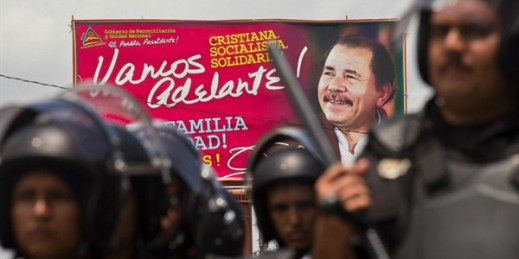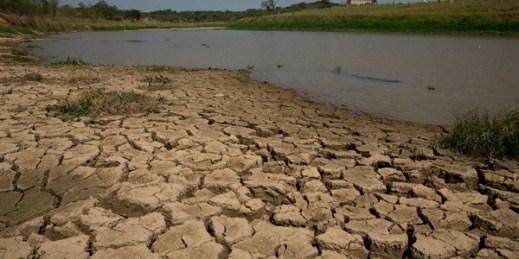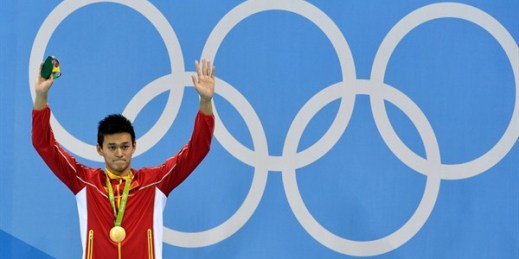
Nicaragua moved closer to one-party rule late last month, when the country’s Supreme Electoral Council unseated 28 opposition lawmakers and substitute lawmakers in the National Assembly, effectively handing full control of the legislature to President Daniel Ortega’s party, the Sandinista Front of National Liberation, or FSLN. The council dismissed the lawmakers from the Independent Liberal Party for their refusal to recognize their new official party leader, Pedro Reyes, an Ortega ally who had been granted the position in a contentious ruling in June by the Supreme Court of Justice that removed the previous opposition leader, Eduardo Montealegre. Unfortunately, these types […]


